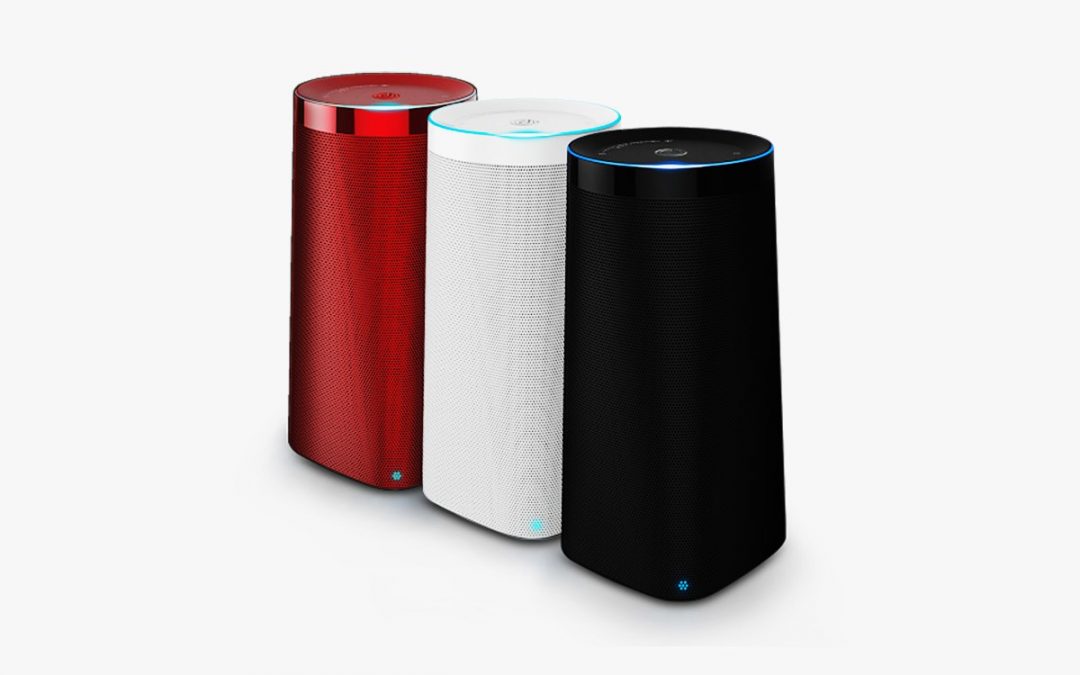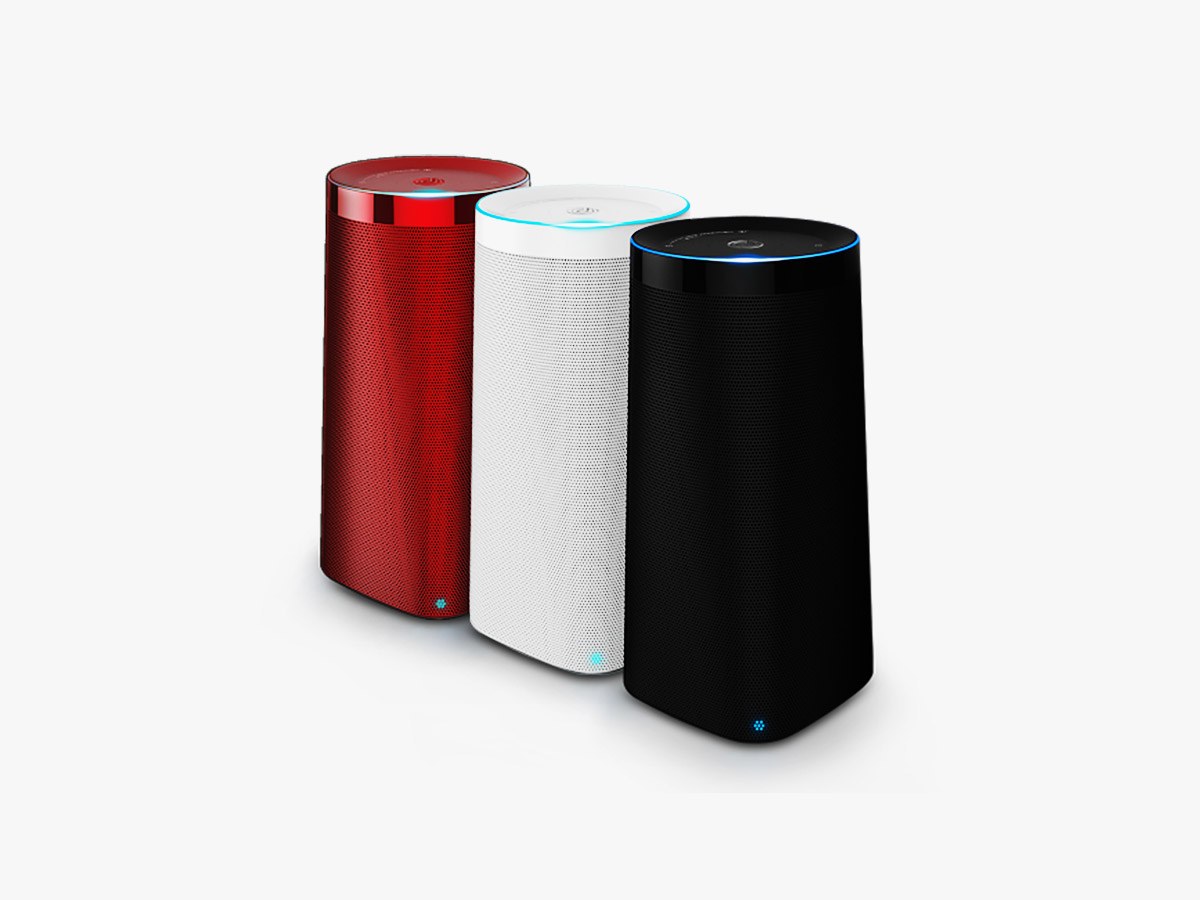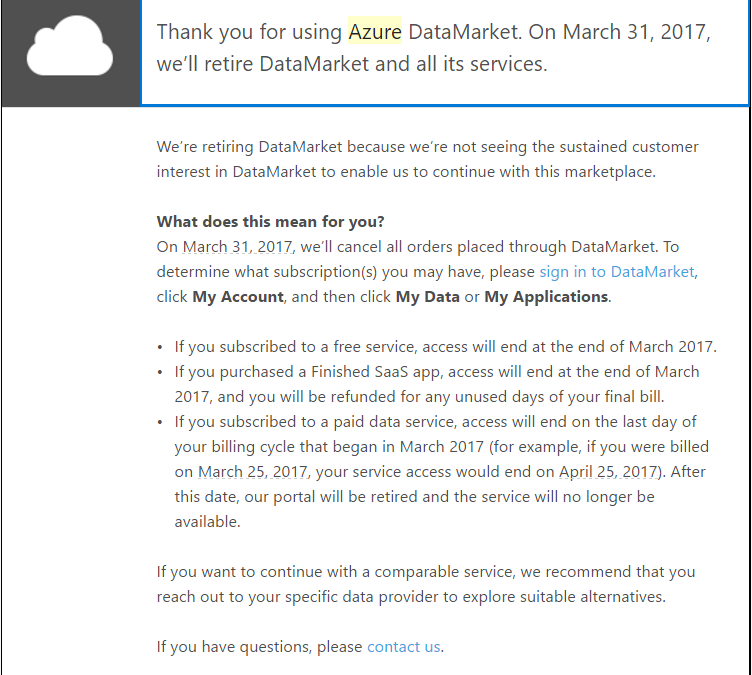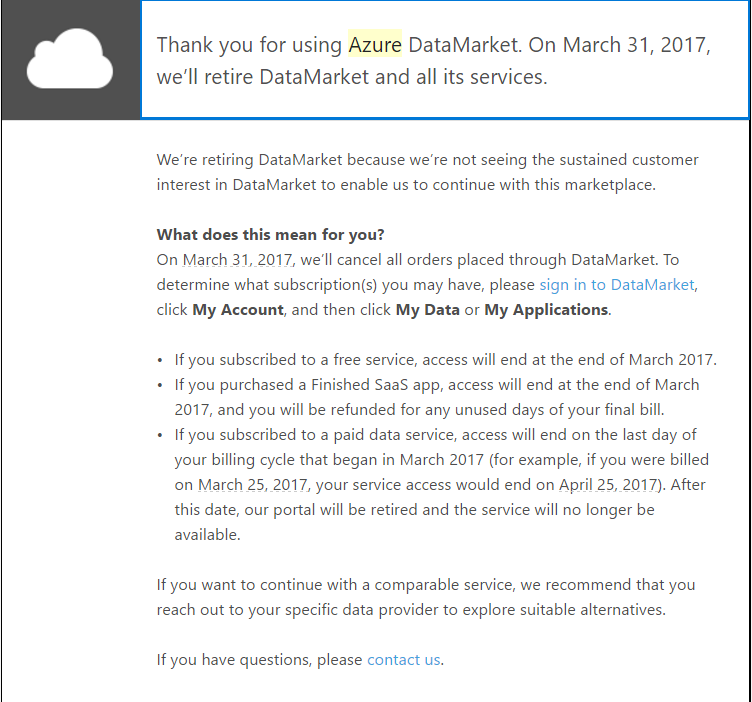
Chinese Alexa or Chinese Google Home

With Google Home entering the VCD (Voice Command Device) market, people assumed that there will be a rivalry between Google and Amazon. Out of the blue a third competitor entered the stage out of China. This device named “Ling Long Ding Dong” (name is for real) will address the Chinese VCD market.
The DingDong, which costs the equivalent of $118, provides news, weather, and stock updates. It answers questions, manages schedules, provides directions, and plays music and audiobooks. It is the first product from Beijing LingLong Co., a $25 million joint venture between JD.com, China’s largest online retailer, and voice recognition powerhouse iFlytek.
The gadget weighs about 3 pounds and stands 9.5 inches tall. It is circular at the top and square on the bottom, and available in white, red, black, and purple. The shape symbolizes tiānyuán dìfāng—the notion that “heaven is round, Earth is square,” a concept that Liu says is central to LingLong’s design language. The colors also are imbued with meaning; white is associated with purity, and red with prosperity.
Three commands wake the device: DingDong DingDong, Xiaowei Xiaowei (a girl’s nickname), and BaiLing BaiLing(skylark). The DingDong comes in Mandarin and Cantonese versions (the engines required to understand the languages are too complex to include them both in one device). Most people speak Mandarin, and the myriad accents and dialects present a Herculean challenge. Still, the company claims the DingDong understands roughly 95 percent of the population.
The company will have their own skill market place, which will include applications and skills for home automation.




